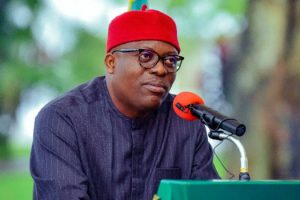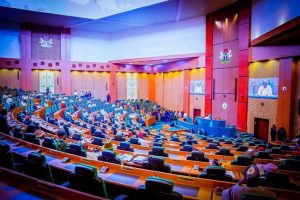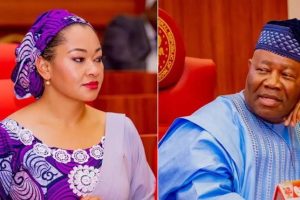
The debate over whether good governance is a function of political party ideology or the character of the officeholder has gained fresh momentum with the performances of two governors in Nigeria—Alex Otti of Abia State and Peter Mbah of Enugu State.
Abia, for the first time since 1999, experienced a shift in political leadership when Otti of the Labour Party (LP) defeated the long-dominant Peoples Democratic Party (PDP) in the 2023 elections. His tenure has been marked by significant improvements in infrastructure, civil service reforms, and economic development, leading many to praise his administration as a breath of fresh air for the state.
Conversely, in Enugu, Peter Mbah emerged as governor under the PDP, a party that has held sway in the state since the return of democracy. Despite remaining within the PDP fold, Mbah has charted a new course, prioritizing developmental policies, industrialization, and a renewed focus on accountability. His administration, much like Otti’s, is already being lauded for its transformative initiatives.
These contrasting political backgrounds raise a crucial question: Is good governance tied to political party ideology, or does it rest on the integrity, vision, and sincerity of individual leaders?
Would Alex Otti have performed at the same level if he were in the PDP, a party many had criticized for Abia’s previous state of affairs? Conversely, would Peter Mbah still have exhibited his leadership prowess had he emerged under a different political platform?
These reflections underscore a larger reality in Nigerian politics: while party structures influence governance to some extent, the competence, integrity, and commitment of an elected leader play a far more decisive role in delivering the dividends of democracy.
As both Otti and Mbah continue to redefine governance in their respective states, their performances could serve as a lesson that leadership, rather than political affiliation, is the true determinant of progress.
By: Godwin Offor





